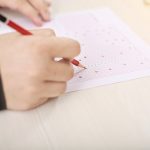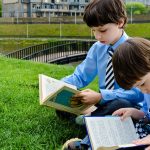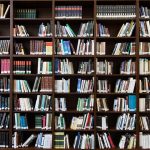Programme for International Student Assessment (PISA) is a monitoring study of the quality of education, which answers the question “do students 15 years of age who have completed secondary education achieve knowledge and skills that they need to effectively function in modern society?”. The study is conducted every three years since 2000. In 2015 the main focus was on science literacy and identify trends in the development of science education in the world in recent years.
Russia takes part in PISA from the first cycle and since then has never refused to participate (RF participated in cycles 2003, 2006, 2009, 2012 and 2015). It gives a complete and stable picture of the dynamics of changes in the level of competence of 15 year olds. This study is part of the Federal target program of education development. Sampling in PISA 2015 included 6036 Russian students 15 years of age from 210 educational institutions 42 regions of Russia.
In 2000 from all 43 countries participating in the monitoring Russia was on the 41st place with 462 points. In 2003, when the focus of the study was on mathematical literacy, in the overall ranking of 41 countries Russian Federation was at 35th place. In 2006, Russia was ranked number 36 of the 58 countries participated. The average score of the Russian Federation has improved slightly and amounted to 479 points. In 2009, the results of the Russian Federation in PISA deteriorated.
The participation of the Russian Federation in PISA-2012 were much better than in previous cycles. The results improved not only in the overall ranking, but also greatly increased in the number of students at the level at which they apply the skill in practice, as well as at the level of “elite” – 5th, and 6th. According to this indicator Russia was ahead of the median for all countries.
In 2015 (comparing to the previous cycle in the 2012 study)the average results of the Russian pupils 15 years of age increased:
- in mathematical literacy by 12 points (from 482 to 494 points)
- in reading literacy by 20 points (from 475 to 495 points).
Results of Russian students in scientific literacy practically has not changed.
News
- Research of pedagogical practices and development of programs for advanced training of teachers: main stages and results 25.11.2024
- Happy New Year! 25.12.2023
- Quasi-adaptive version of SAM tests 21.12.2023
- Using SAM to Measure Computer Literacy 19.12.2023
- Working meeting of representatives of CICED with representatives of the National Center for Assessment of the Quality of Education (NCQA) under the President of the Republic of Tajikistan” 15.12.2023
- Working meeting of representatives of CICED with representatives of the National Institute of Education of the Ministry of Education and Science of the Republic of Belarus 12.12.2023
- Working meeting of representatives of the Center for International Cooperation for the Development of Education with the Deputy Minister of Education and Science of the Kyrgyz Republic and representatives of the National Center for Assessment of the Quality of Education and Information Technologies under the Ministry of Education and Science of the Kyrgyz Republic (NTSOKOIT) 07.12.2023
- Working meeting of representatives of the Center for International Cooperation for the Development of Education with representatives of the Center for Assessment and Testing (ACT RA) under the Ministry of Education, Science, Culture and Sports of the Republic of Armenia 05.12.2023
- International cooperation of CICED in 2023 27.11.2023
- Progress on girls’ access to education: What the new UNESCO data reveals 23.10.2023






